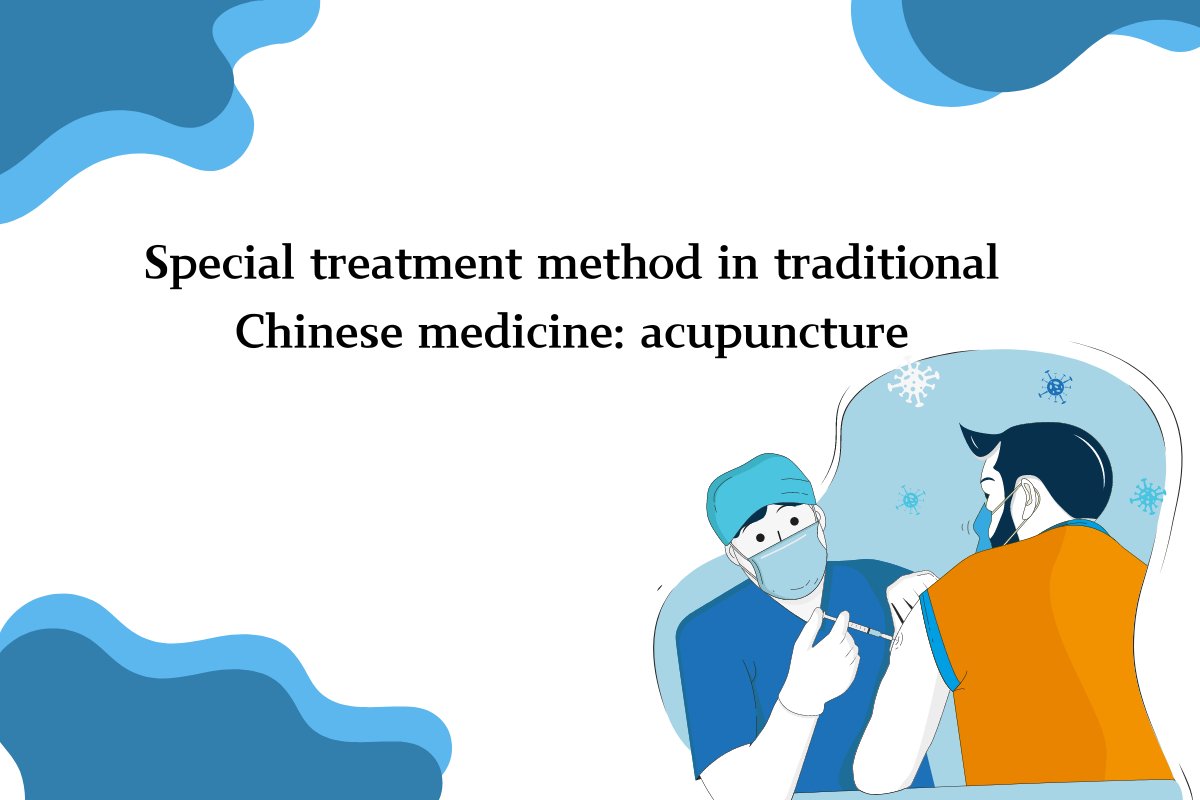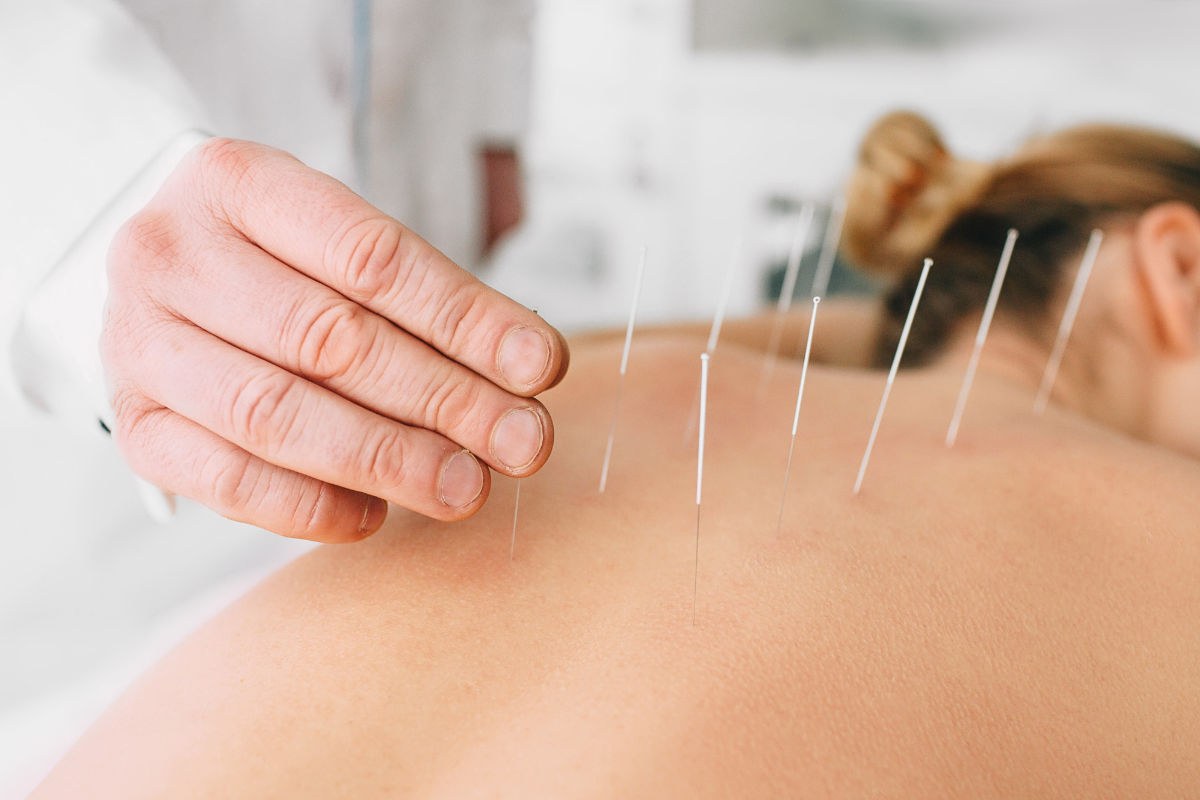Special Treatment Method in Traditional Chinese Medicine: Acupuncture
In traditional Chinese medicine, acupuncture is regarded as a unique and effective therapeutic method. With a long history spanning thousands of years, it is hailed as a treasure of Chinese medicine. Today, we delve into this ancient and miraculous practice to understand its principles, applications, and benefits.

Principles
The principle of acupuncture is based on the theory of traditional Chinese medicine, which holds that there is a meridian system within the body through which qi (vital energy) and blood flow. Diseases are believed to result from imbalances in the flow of qi and blood. By inserting fine needles into specific acupoints, acupuncture aims to regulate the flow of qi and blood, restoring balance 平衡 (píng héng) to the body. These acupoints are typically located along the meridians and are closely associated with various organs and functions of the body.
平衡 (píng héng), noun, balance
Examples:
- She struggles to maintain her balance while walking on the tightrope.
她在走钢丝时努力保持平衡。
Tā zài zǒu gāngsī shí nǔlì bǎochí pínghéng. - The accountant checks the balance of the company's finances every month.
会计每个月都会核对公司财务的平衡。
Kuàijì měi gè yuè dūhuì héduì gōngsī cáiwù de pínghéng.
Applications
Acupuncture is widely used in clinical practice to treat a variety of conditions and symptoms, including but not limited to headaches, back pain, arthritis, digestive issues, anxiety, insomnia, and more. Additionally, acupuncture is utilized to promote overall health and disease prevention. It is often combined with other traditional Chinese medical 医疗 (yī liáo) therapies such as herbal medicine, massage, and qigong to enhance therapeutic effects.
医疗 (yī liáo), noun, medical
Examples:
- The hospital provides medical services to patients.
医院向患者提供医疗服务。
Yīyuàn xiàng huànzhě tígōng yīliáo fúwù. - She wants to pursue a career in the medical field.
她想在医疗领域追求职业。
Tā xiǎng zài yīliáo lǐngyù zhuīqiú zhíyè.

Benefits
As a natural therapy, acupuncture offers numerous advantages. Firstly, it is non-invasive, with fewer side effects compared to many pharmaceutical treatments. Secondly, acupuncture treatments can be personalized and tailored to individual patients, optimizing effectiveness. Moreover, acupuncture can stimulate the body's self-healing mechanisms and, when practiced regularly, can improve immune function and enhance overall health.
Why do Chinese people like acupuncture
Cultural Tradition
Acupuncture has a long history and profound cultural tradition in China. Since ancient times, Chinese people have regarded acupuncture as one of the important means to treat diseases and maintain health. This tradition has been passed down through families and cultural heritage, deeply ingrained in people's lives and consciousness. Therefore, many Chinese people consider acupuncture as a natural and appropriate treatment choice.
Significant Efficacy
Acupuncture demonstrates significant efficacy in clinical practice, widely used in the treatment of various diseases and symptoms. Many patients are satisfied with the effects of acupuncture treatment and consider it more effective than traditional drug therapy. Acupuncture can not only relieve pain but also regulate the body's internal balance, improve bodily functions, and enhance immunity. These positive treatment experiences prompt more people to choose acupuncture as their primary treatment method.
Key Sentences:
- Hello, do you have any discomfort that needs treatment?
您好,您有什么不适需要治疗吗?
Nín hǎo, nín yǒu shé me bùshì xūyào zhìliáo ma? - I've been having headaches and backaches lately. I heard acupuncture can relieve pain, so I'd like to give it a try.
我最近头痛和背痛,听说针灸能缓解疼痛,我想试试。
Wǒ zuìjìn tóutòng hé bèitòng, tīng shuō zhēnjiǔ néng huǎnjiě téngtòng, wǒ xiǎng shì shì. - Alright, let me choose some acupoints for you. Let's start the acupuncture treatment.
好的,让我为您选择一些穴位,开始针灸治疗吧。
Hǎo de, ràng wǒ wèi nín xuǎnzé yīxiē xuéwèi, kāishǐ zhēnjiǔ zhìliáo ba.